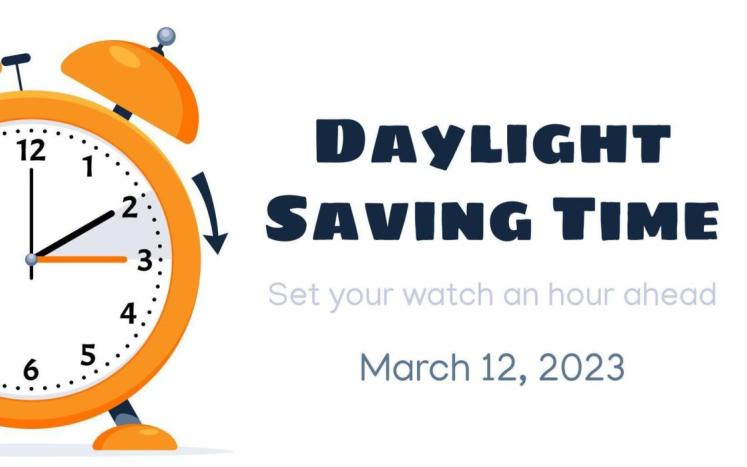
At 2 a.m. EST Sunday, March 12, Florida residents will have to set their clocks forward by one hour.
In 2022, the U.S. Senate unanimously approved a bill called the “Sunshine Protection Act”, which was introduced by Sen. Marco Rubio, R-Florida. The bill would permanently extend daylight saving time from eight months of the year to the full 12 months. But the measure has not yet been passed by the U.S. House of Representatives, nor has it been signed into law by President Biden.
In May 2018, the state of Florida passed the “Sunshine Protection Act,” which aims to keep the state on Daylight Saving Time (DST) year-round. The act was approved by the Florida Legislature and signed into law by Governor Rick Scott, and it received widespread support from both residents and lawmakers.
The Sunshine Protection Act is an effort to maximize the amount of daylight available to Floridians, which is particularly important given the state’s location in the subtropical zone. By keeping the state on DST year-round, Florida residents will enjoy an extra hour of daylight in the evening during the winter months, and will not have to “fall back” in November and lose an hour of daylight.
One of the primary reasons for passing the Sunshine Protection Act was to boost the state’s economy. With an extra hour of daylight available in the evening, businesses across the state will be able to stay open later, providing more opportunities for residents and tourists to enjoy Florida’s many attractions. Additionally, the extended daylight hours will make it easier for people to engage in outdoor activities like jogging, fishing, and beachgoing, which are popular pastimes in Florida.
Another reason for passing the Sunshine Protection Act was to improve public safety. By extending daylight hours, the state hopes to reduce the number of accidents that occur during the evening rush hour, when visibility can be poor. With more daylight available, drivers will be better able to see pedestrians, bikers, and other vehicles on the road, potentially reducing the number of accidents and injuries.
Despite its benefits, the Sunshine Protection Act has faced some criticism. One concern is that keeping the state on DST year-round could disrupt schedules for businesses and schools that operate on a national schedule, as most of the country still observes standard time. Additionally, some worry that the extended daylight hours could affect people’s sleep schedules and lead to other health problems.
Despite these concerns, the majority of Floridians support the Sunshine Protection Act and the benefits it could bring. While the act still needs to be approved by the US Congress before it can take effect, many Floridians are hopeful that the state will be able to enjoy year-round DST in the near future.
Overall, the Sunshine Protection Act is an important initiative that seeks to enhance the quality of life for Florida residents and boost the state’s economy. While it may face some challenges in implementation, its potential benefits are significant, and many people believe that it represents a positive step forward for the state of Florida.



